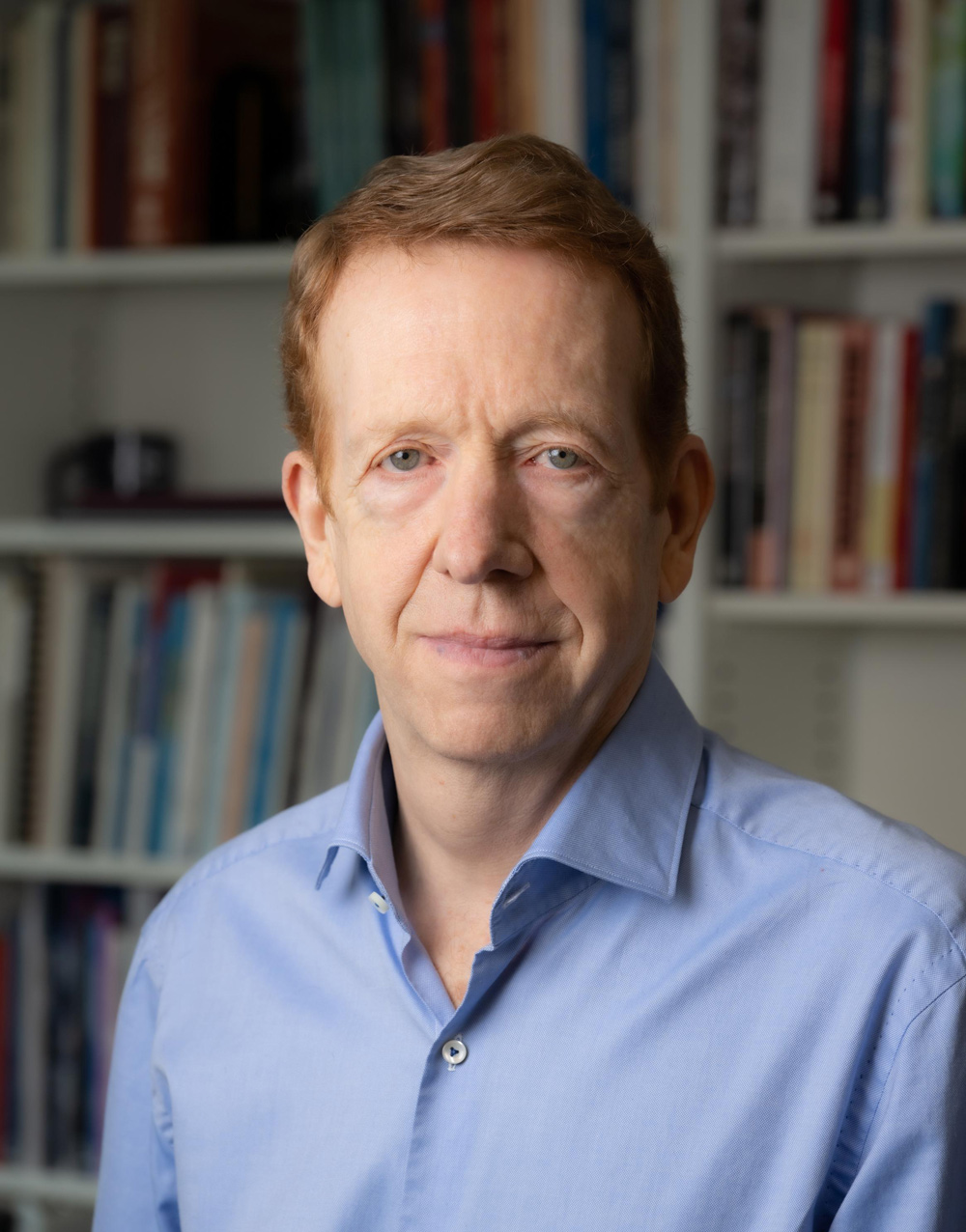{
"authors": [
"Thomas Carothers"
],
"type": "event",
"centerAffiliationAll": "",
"centers": [
"Carnegie Endowment for International Peace"
],
"collections": [],
"englishNewsletterAll": "",
"nonEnglishNewsletterAll": "",
"primaryCenter": "Carnegie Endowment for International Peace",
"programAffiliation": "",
"programs": [
"Democracy, Conflict, and Governance"
],
"projects": [],
"regions": [
"Eastern Europe"
],
"topics": [
"Democracy"
]
}
REQUIRED IMAGE
The Record of Anti-Corruption Assistance: Lessons from Southeastern Europe
Fri, April 16th, 2004
Washington, D.C.
Friday, April 16, 2004
Presenters:
Martin Tisné— Researcher, Center for Policy Studies, Central European University
David Meyer— Senior Anti-Corruption Advisor, Office of Economic Growth, Bureau for Europe and Eurasia, United States Agency for International Development
Gary Reid— Lead Public Sector Management Specialist, Poverty Reduction and Economic Management Department, Europe and Central Asia Region, The World Bank
Daniel Smilov— Research Fellow, Center for Policy Studies, Central European University
Moderator:
Thomas Carothers— Director, Democracy and Rule of Law Project, Carnegie Endowment
Martin Tisné presented the results of a new study conducted by the Center for Policy Studies of the Central European University, in cooperation with the Soros Foundation Network, that analyzed donor-supported anti-corruption programs in Albania, Bosnia, Bulgaria, and Macedonia. His presentation focused on the two main types of donor-supported anti-corruption initiatives: building broad-based civil society coalitions against corruption and creating omnibus governmental anti-corruption programs. For each, he highlighted the underlying assumptions as well as the main issues relating to implementation and impact. Each area raised different issues that require individual solutions. Certain problems emerged consistently, however, such as the difficulty of building sustainable coalitions, the lack of necessary tools to measure program effectiveness accurately, and the need to develop committed constituencies focused on concrete instances of corruption. David Meyer generally agreed with Tisné's findings. He added that corruption is a crosscutting issue that influences a wide array of USAID work areas. Gary Reid also supported most of the study's findings subject to a number of caveats. For example, Reid asked whether the study under-appreciated the impact of assistance programs and challenged whether a specific domestic constituency always exists for certain necessarily broad anti-corruption measures, such as civil service reform.
Carnegie does not take institutional positions on public policy issues; the views represented herein are those of the author(s) and do not necessarily reflect the views of Carnegie, its staff, or its trustees.
Event Speaker
Thomas Carothers
Harvey V. Fineberg Chair for Democracy Studies; Director, Democracy, Conflict, and Governance Program
Thomas Carothers, director of the Carnegie Endowment for International Peace’s Democracy, Conflict, and Governance Program, is a leading expert on comparative democratization and international support for democracy.
